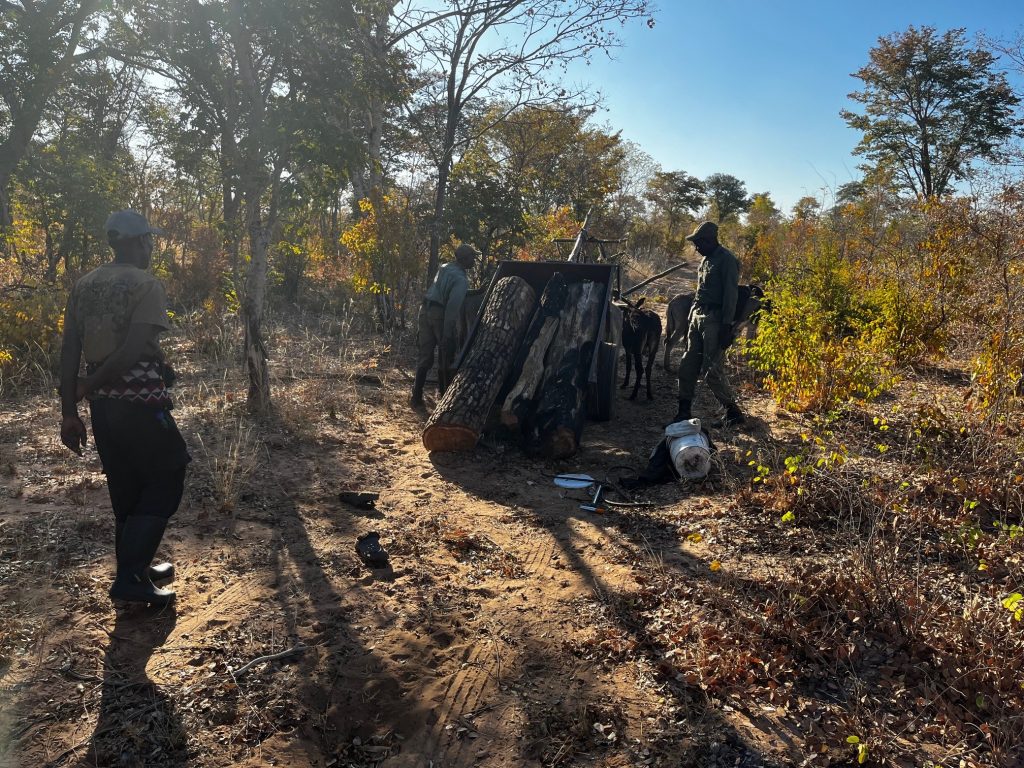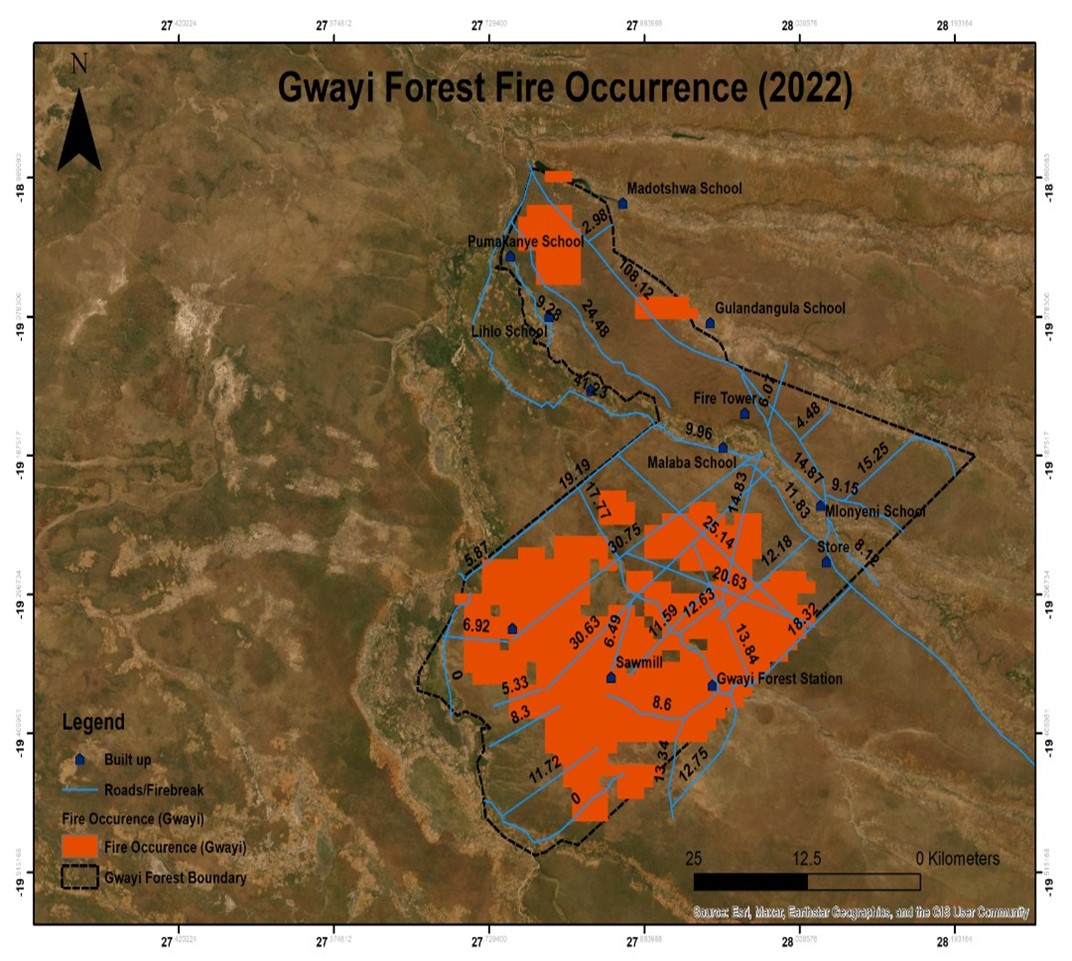
Invictus Energy is on the cusp of becoming a major energy producer in Sub-Saharan Africa, with significant exploration success achieved at its Cabora Bassa Project in northern Zimbabwe over the past 18 months.
While the discovery of high-quality gas-condensate at the Mukuyu-2 well underscores the region’s vast energy potential, Invictus’ commitment to environmental, social and governance (ESG) initiatives demonstrates a broader focus on sustainability and conservation.
Invictus’ long-term strategic priorities encompass more than delivering affordable energy to the region.
Behind the scenes, a dedicated and passionate team of operational managers are spearheading several sustainability initiatives designed to generate positive outcomes for local communities and the environment.
In 2022, Invictus secured an international tender for the NGS REDD+ project, entering a 30-year partnership with the Forestry Commission of Zimbabwe (FCZ) to protect 300,000 hectares of indigenous forests near Hwange National Park.
The project is supporting a range of conservation efforts, including anti-poaching initiatives, fire prevention strategies and reforestation programs.
Invictus Field Operations Supervisor Garth Pritchard highlighted the urgency of tackling persistent wildfires in the area, which have had devastating impacts in the past.
“There have been constant fires every year over the last decade, and it’s devastated the forests,” he said.
“Local authorities didn’t have the resources to respond to those fires adequately, so they just burned out of control.
“We realised if we didn’t do anything, it was going to be a disaster given the ongoing drought.”
Working closely with the FCZ, Invictus cleared extensive areas of road and established fire breaks – or fire guards as they are known as in Zimbabwe – throughout the area, successfully mitigating wildfires in the region.

Remarkably, last year was the first in six years without any wildfires, a milestone that Garth attributed to the company’s proactive measures.
“These forests are home to iconic African animals, such as elephants, lions and buffalos,” he said.
“Due to the fire guards and road clearing efforts, thousands of animals were saved, and wildlife could move freely between parks and forests with better access to food and water.”
Businesses in the region also benefit from Invictus’ efforts. Mark Butcher, Managing Director of Imvelo Safari Lodges in Hwange, highlighted that without Invictus’ mitigation initiatives, thousands of animals would not have been saved
“We dodged a bullet in southern Hwange this year – the work Invictus did last year was very instrumental in ensuring that the forests didn’t burn down again, which saved thousands of elephants,” he said.
Another key threat to Zimbabwe’s protected forests is wood poaching. Poachers selectively cut down valuable trees in protected forests and sell them to sawmills, contributing to deforestation and ecosystem degradation.
Invictus’ road-clearing programs have also proven effective in deterring poachers.
“Burning these fire guards allows us to intersect these poachers and protect the forests,” Garth explained.
Invictus Country Manager Barry Meikle emphasised the importance of involving local communities in conservation efforts, with hundreds of individuals participating in community information sessions over the years.
“It’s incredibly important to collaborate with surrounding communities to not only educate them on the Company’s activities but also provide alternatives to using forest resources for firewood and grazing,” Barry said.
“We focus on three pillars – educate, empower, and protect – to educate the community and school students, empower communities to help, and then encourage them to continue protecting the forests.”
The NGS REDD+ program will generate measurable environmental benefits in the form of emission reductions credits.
Barry highlighted that while carbon credits are a potential future benefit to the Cabora Bassa Project, Invictus’ initial focus was on developing biodiversity and conservation credits to ensure long-term ecological balance.
“Although the biodiversity credits industry is still in its infancy, I would like to see us focused on developing these credits,” Barry explained.
Looking ahead, Invictus plans to expand its sustainability initiatives, with proposed projects including creating additional nutritional gardens to provide a readily available source of fresh produce to community families, introducing rotational grazing to maintain healthy landscapes, and launching a recycling program to tackle the issue of plastic waste.
“We are trying to encourage recycling – we have a real problem with waste in Zimbabwe,” Barry said.
“We would love to clear all the roads of plastic bottles.”
Through its robust ESG initiatives, Invictus demonstrates that energy development can go hand-in-hand with environmental conservation and community engagement.
The Company’s efforts in anti-poaching, fire prevention, and reforestation set a benchmark for responsible operations, ensuring that the natural beauty and biodiversity of Zimbabwe are preserved for generations to come.

